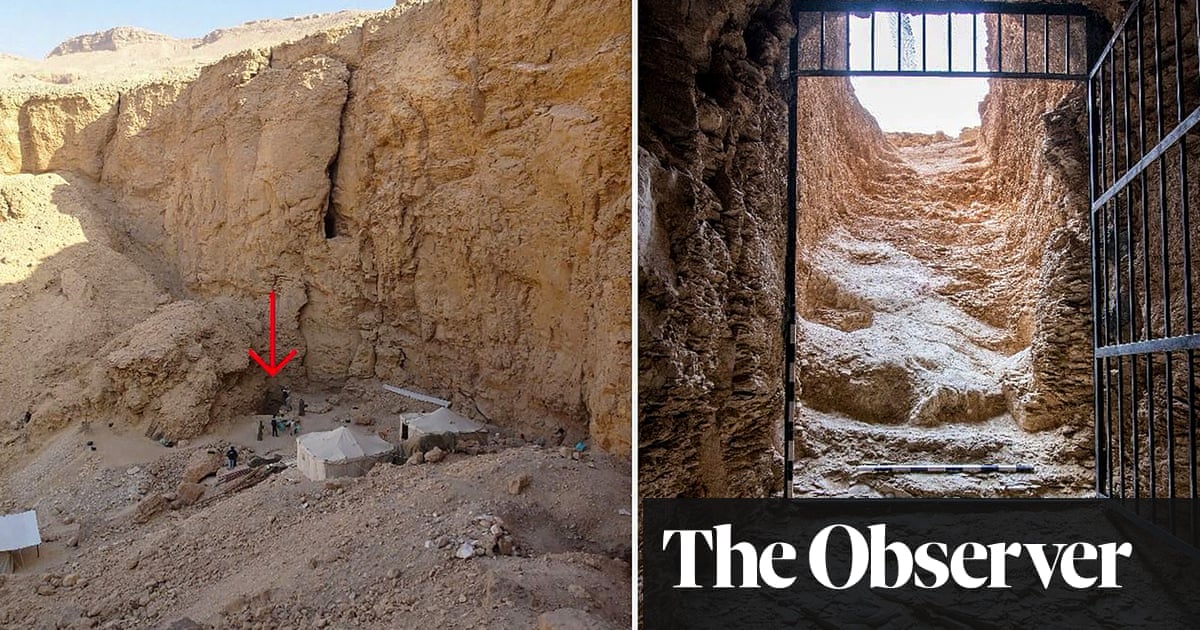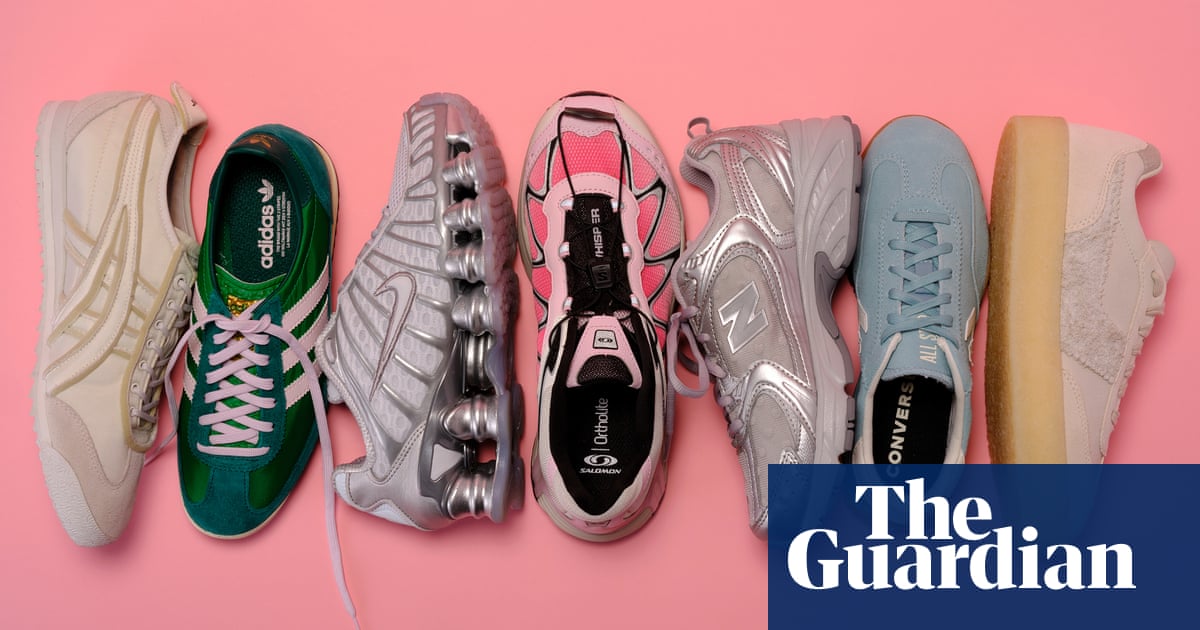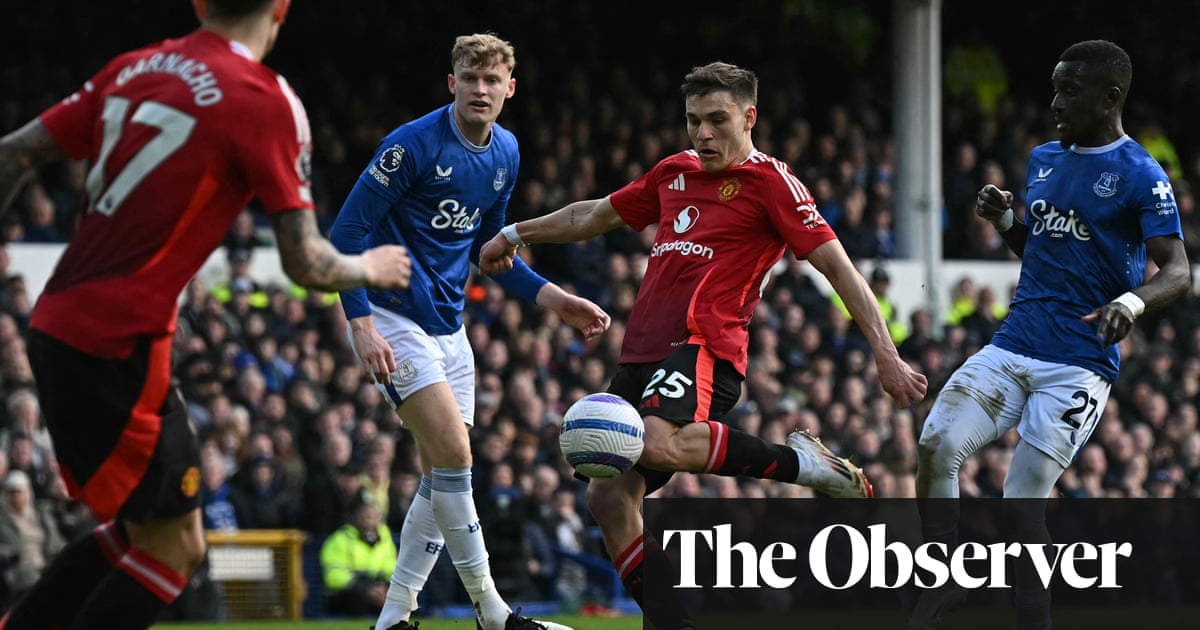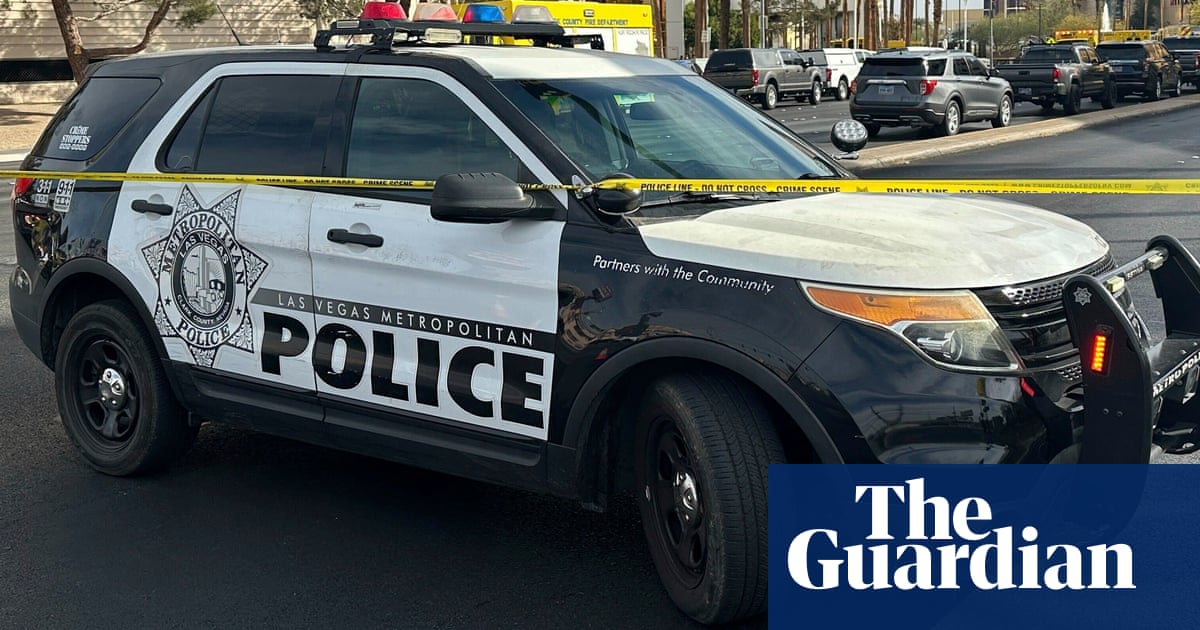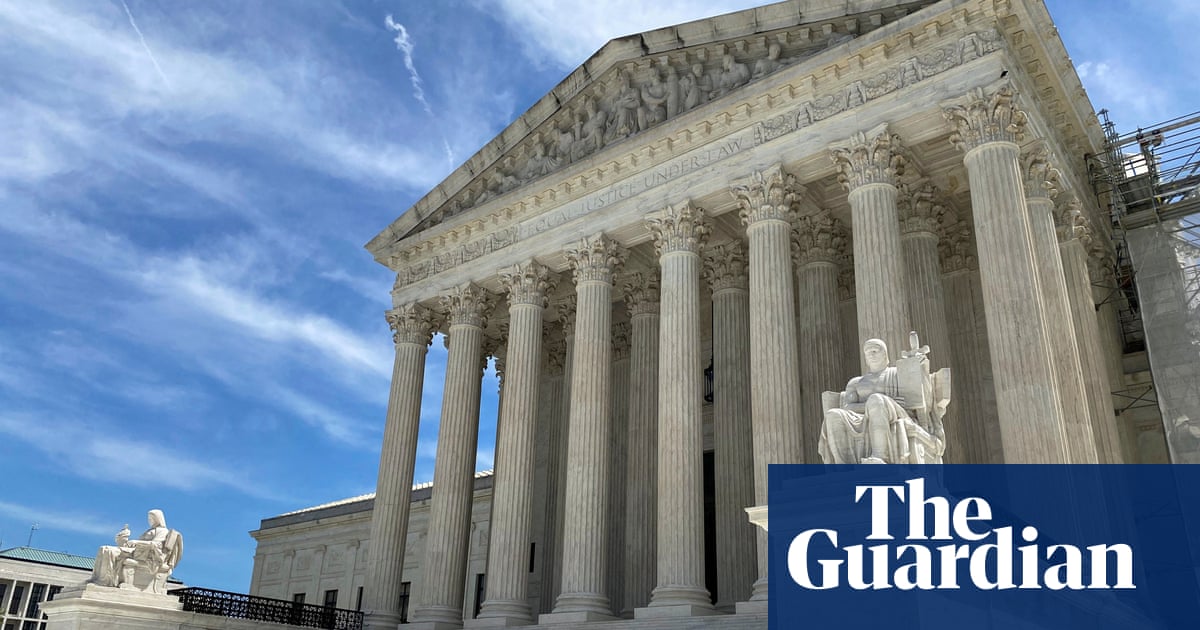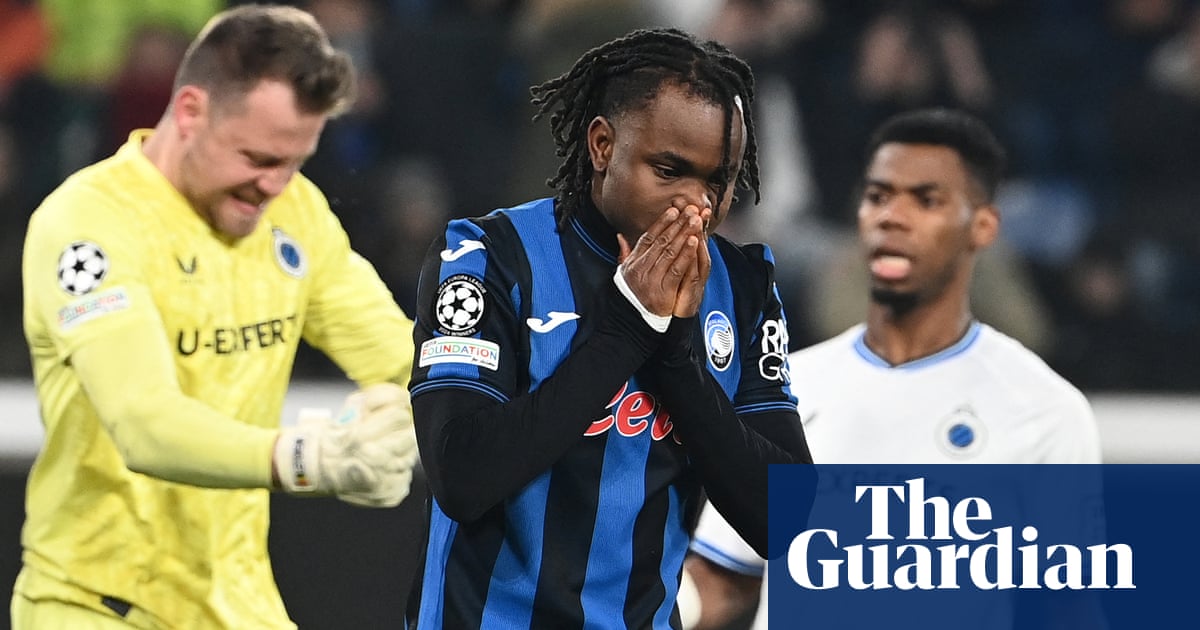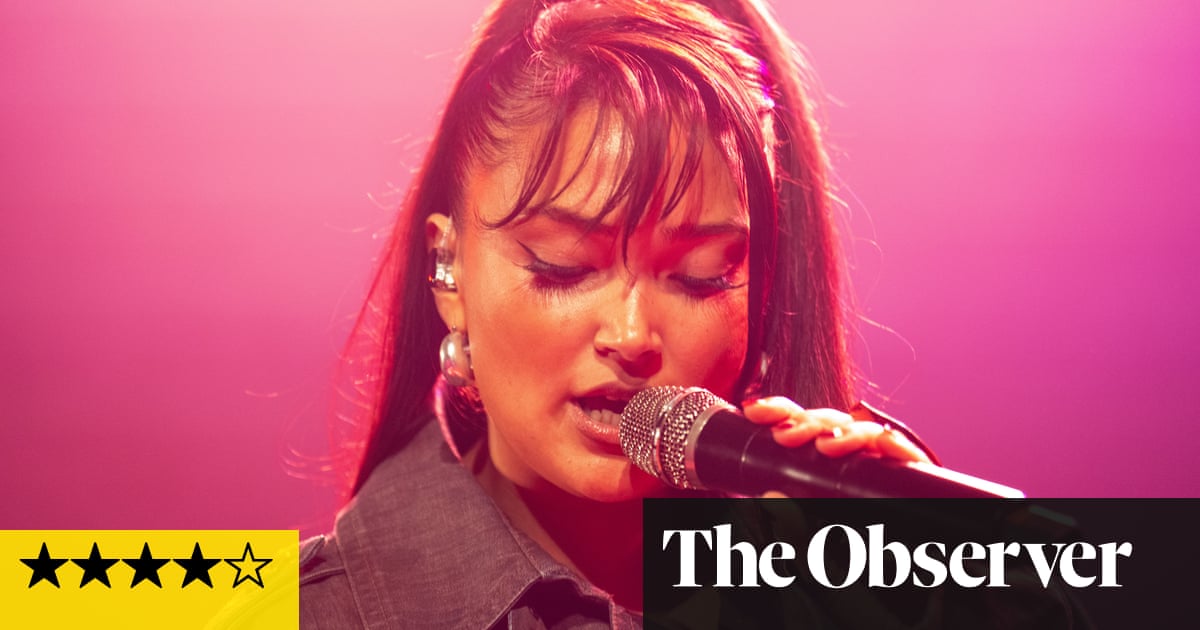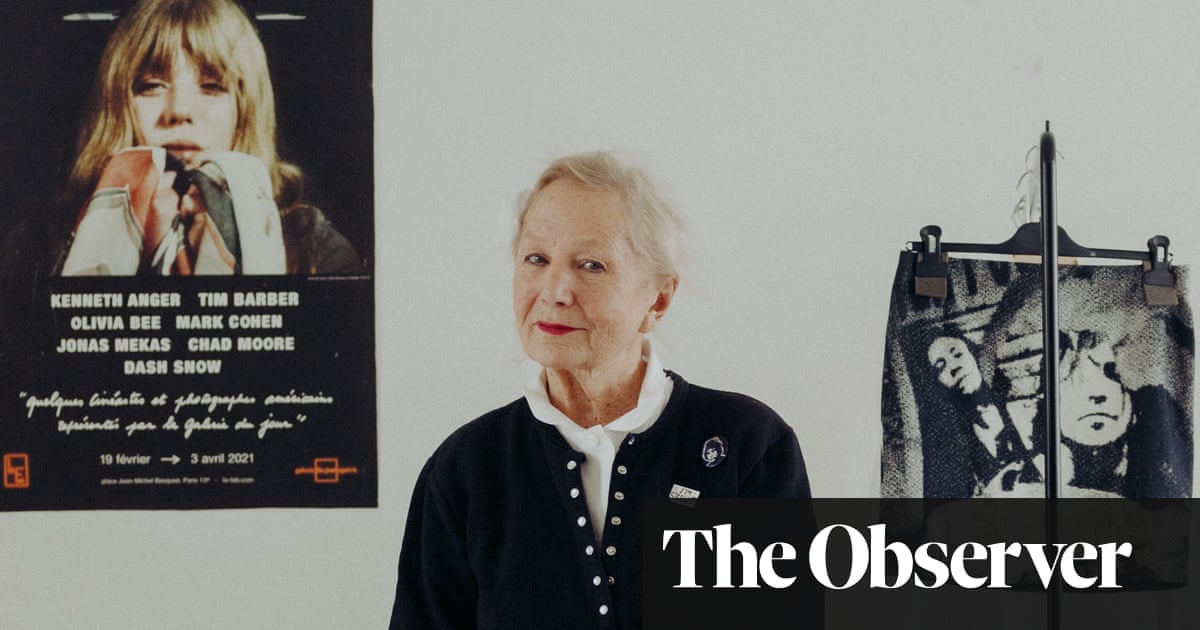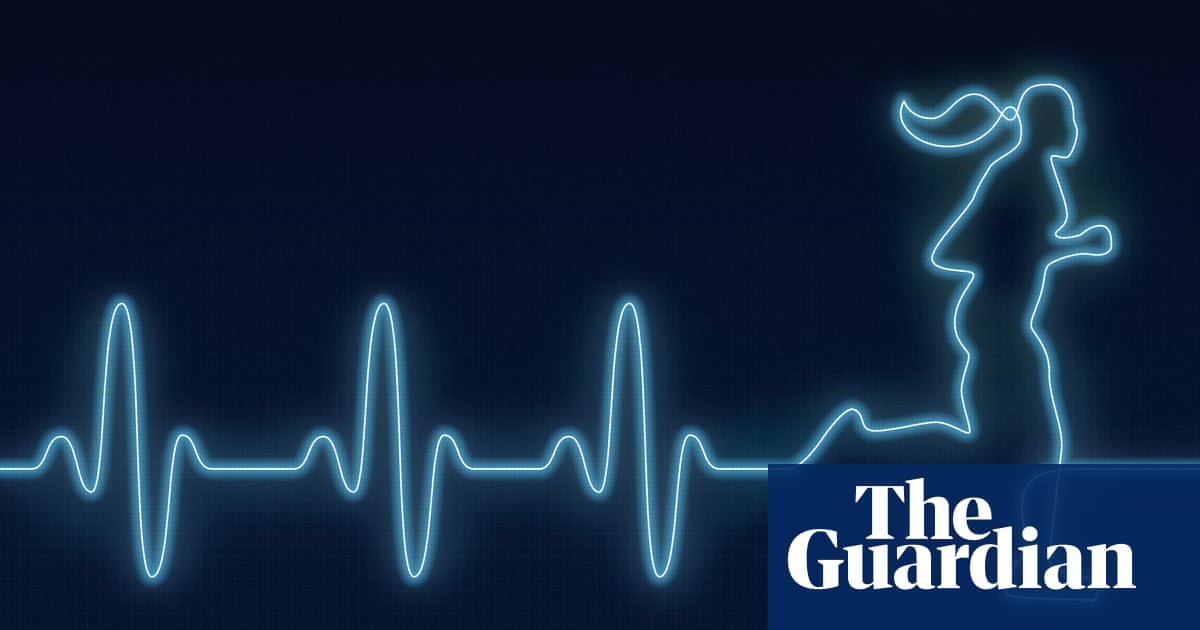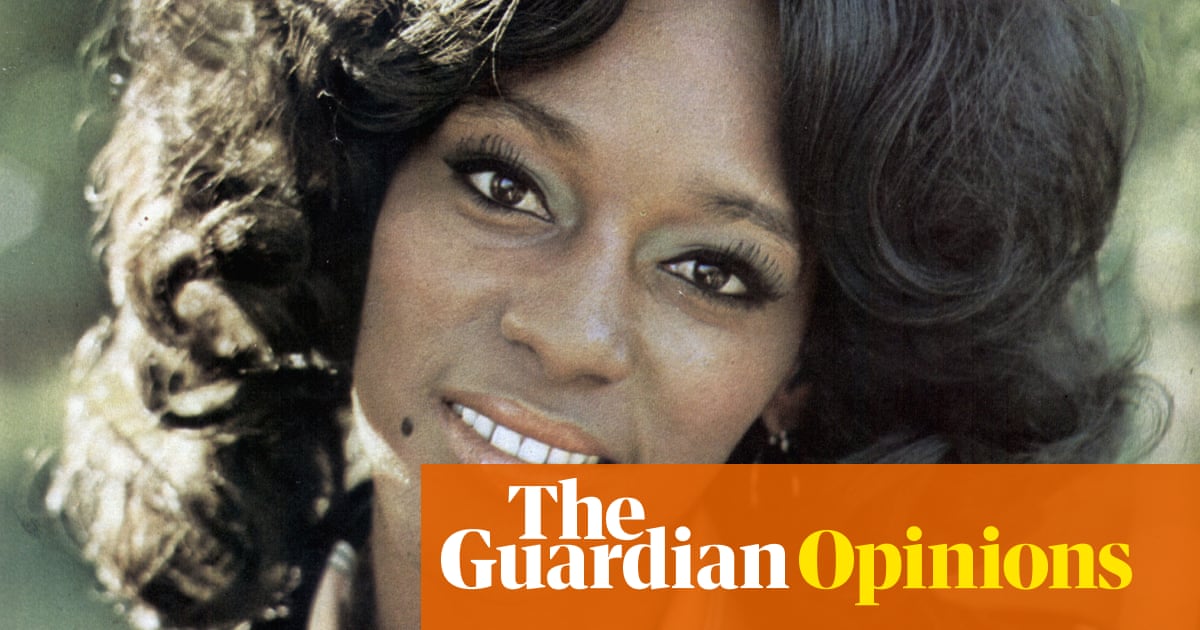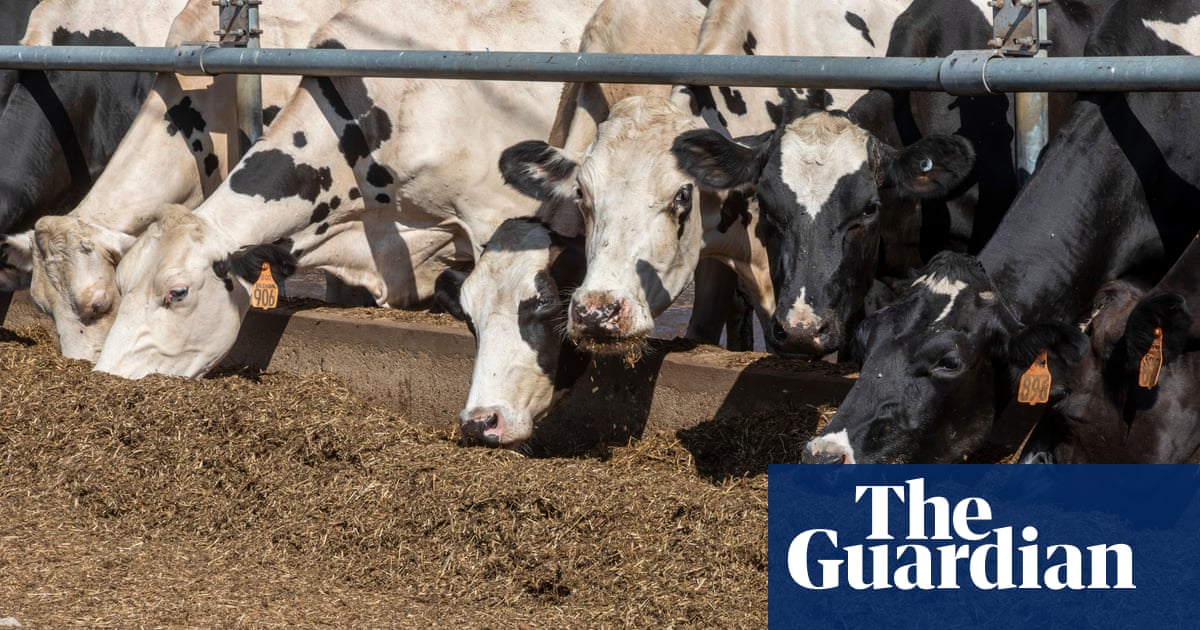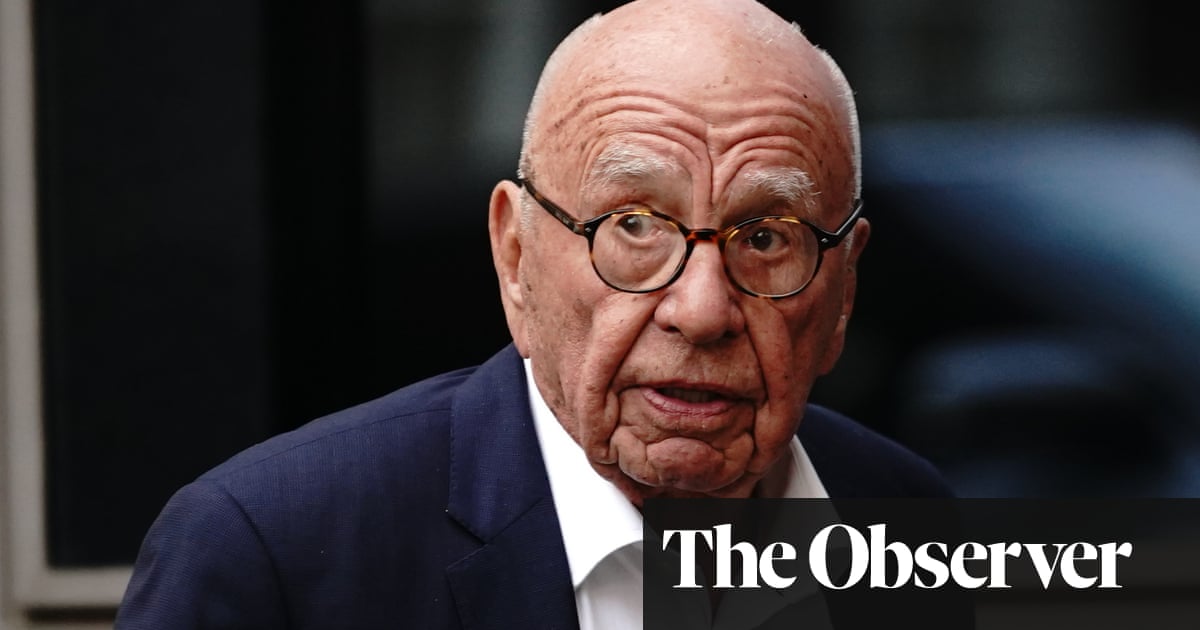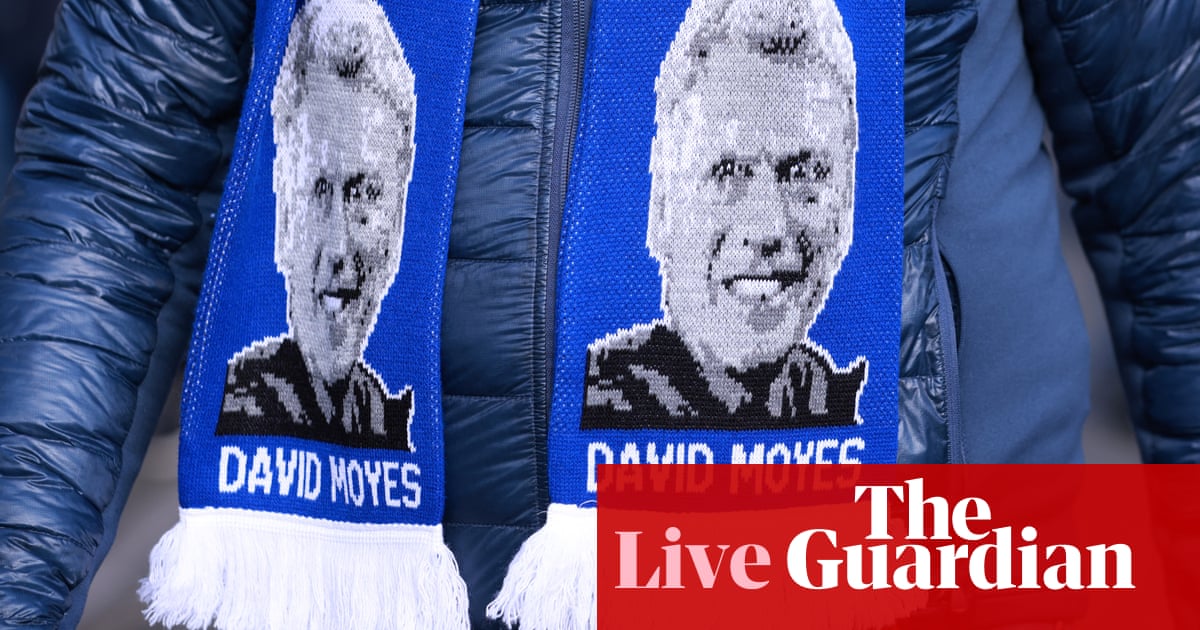Pro-democracy media mogul Jimmy Lai will take the stand in his collusion trial on Wednesday, testifying in court for the first time despite being the subject of five previous trials in almost four years.
Lai’s case is one of the most prominent under the national security law imposed by Beijing in 2020, with western countries and rights groups demanding his release.
The 76-year-old founder of the now-closed tabloid Apple Daily is accused of colluding with foreign forces, a charge that could carry a sentence of up to life in prison. He has pleaded not guilty.
His testimony comes with Hong Kong’s political freedoms already under the spotlight, after a court jailed 45 democracy campaigners for subversion in the city’s largest national security trial on Tuesday.
Lai’s case centres around his newspaper’s publications, which supported huge, pro-democracy protests in 2019 and criticised Beijing’s leadership.
Lai has been behind bars since December 2020, and concerns have been raised around his health.
“The case of Jimmy Lai is not an outlier, it’s a symptom of Hong Kong’s democratic decline,” the Committee to Protect Journalists said in a Monday statement.
“Hong Kong’s treatment of Jimmy Lai – and more broadly of independent media and journalists – shows that this administration is no longer interested in even a semblance of democratic norms.”
Hong Kong and Beijing have refuted the criticism, condemning Lai as “a voluntary political tool of foreign forces trying to curb China through Hong Kong”.
Since the prosecution opened in January, it has alleged that on multiple occasions Lai asked the United States and other countries to impose sanctions “or engage in other hostile activities” against China and Hong Kong.
Lai faces one count of “conspiracy to publish seditious publications” as well as two counts of conspiracy to foreign collusion.
The case against him revolves around 161 articles published in Apple Daily, as well as his own interviews and social media postings.
The newspaper was forced to close in 2021 after police raids and the arrests of its senior editors.
The prosecution accused Lai and six Apple Daily senior executives of using the media business as a platform to “stir up opposition to the government … and to collude with foreign countries”.
Dozens of local and foreign politicians and scholars – including former US secretary of state Mike Pompeo – were named by the prosecution as Lai’s “agents”, “intermediaries” or “collaborators”.
Lai is also accused of supporting two young activists in lobbying for foreign sanctions via a protest group called “Stand With Hong Kong”.
The six executives and two activists have pleaded guilty, with five of them testifying against Lai.
Last month, British prime minister Keir Starmer told parliament that Lai, who holds British citizenship, was “a priority” for his Labour government.
Starmer raised the issue in a meeting with the Chinese leader, Xi Jinping, on Monday.
Lai’s son had previously said “much stronger” support from the British government was needed as Lai’s health “could get much worse at any moment”.
A legal team led by a senior British rights lawyer has filed a number of complaints to the United Nations concerning arbitrary detention and prolonged solitary confinement.
On Sunday, the Hong Kong government condemned the legal team for “spreading misinformation”, saying that Lai himself had requested to be kept apart from other inmates.
“The unfounded remarks … are completely fact-twisting and are merely a despicable political manoeuvre with malicious intention,” the government said in a statement.
Robertsons, a Hong Kong law firm representing Lai in the trial, has also brushed off some of the allegations.
“Mr Lai wishes to make known that he has been receiving appropriate medical attention for conditions suffered by him, including diabetes,” the firm said in a statement in September.
“He has access to daylight through the windows in the corridor outside his cell, albeit he cannot see the sky. He exercises for an hour every day in a secure area.”

 3 months ago
49
3 months ago
49


